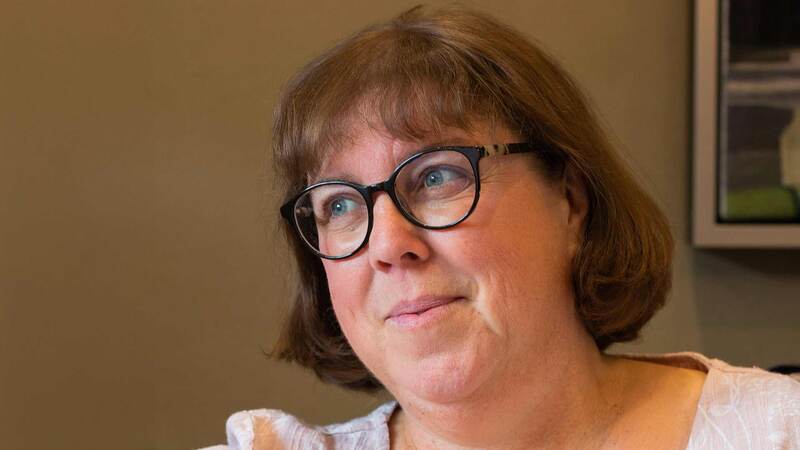You are viewing your 1 free article this month. Login to read more articles.
Yale and PRH dominate first Wolfson History Prize shortlist
The £40,000 Wolfson History Prize has issued a shortlist for the first time in its 45-year history, dominated by Yale University Press and Penguin Random House.
Organisers said they hoped the six-long shortlist would "encourage debate about what makes brilliant, accessible history".
Accounting for half of entries on the six-strong shortlist, Yale University Press landed three titles on the list: St Andrews professor Chris Given-Wilson's Henry IV, Manchester University lecturer Sasha Handley's Sleep in Early Modern England and University of Glasgow professor Matthew Strickland's Henry the Young King, 1155-1183.
Given-Wilson's Henry IV has been predicted by the judges - Sir David Cannadine, Sir Richard Evans, professor Julia Smith and Sir Diarmaid MacCulloch - to become "the standard account of Henry IV for years to come" while Strickland's study of the eldest son of Henry II was praised "a joy to read". Handley's book, about how the Early Modern world "revolutionised" sleep, was meanwhile saluted for its "sheer originality and novelty".
Penguin Random House imprint Allen Lane took two spots on the shortlist: a title about why medieval manuscripts matter, Meetings with Remarkable Manuscripts by Cambridge fellow Christopher de Hamel, and Royal Holloway lecturer Daniel Beer's "elegantly written and finely researched" The House of the Dead: Siberian Exile under the Tsar.
The final spot, another PRH title, went to Lyndal Roper, Regius Professor of History at Oxford, with Martin Luther: Renegade and Prophet, published by Vintage imprint The Bodley Head. The judges said it was "powerfully written with superb control of material" and "highly skilled in opening up the vivid social context of Luther’s Germany”.
Each shortlisted author will receive £4,000. The overall winner will be revealed at a reception at Claridge’s on Monday 15th May 2017 and will receive a prize of £40,000. Last year the prize money was raised to a combined £60,000 (from £50,000 the year before) split between two winners, Nikolaus Wachsmann with KL: A History of the Nazi Concentration Camps (Little, Brown), and Robin Lane Fox for Augustine: Conversions and Confessions (Allen Lane).
Paul Ramsbottom, chief executive of the Wolfson Foundation, said: “We are delighted to announce this shortlist of six remarkable books. Together they exhibit a wonderful range of period, place and type of history. But they are united by their brilliance, combining the highest scholarly standards with a lucid readability. They will be enjoyed by a wide audience, and I can imagine any of them as an ideal companion for a summer holiday.
"We are also very excited to be announcing a shortlist for the first time. This reflects the sheer range and quality of history being produced in the UK today. We hope that the shortlist will shine a light on even more books, and also encourage debate about what makes brilliant, accessible history.”
First established in 1972 and awarded annually, the £40,000 history prize is designed to "promote and encourage standards of excellence in the writing of readable and scholarly history suitable for a general audience", with previous winners including Antony Beevor, Simon Schama and Mary Beard.

















